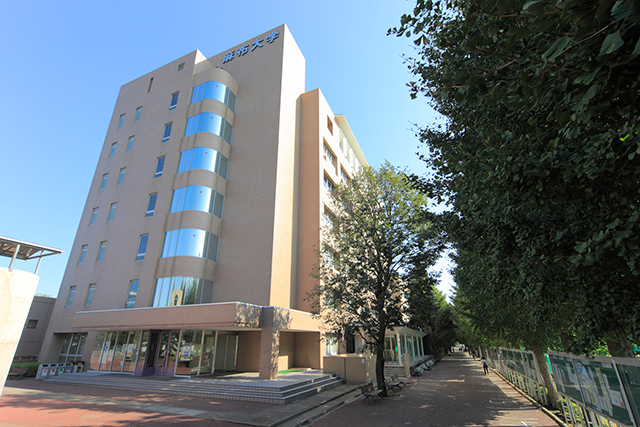The Department of Food and Life Sciences, Faculty of Life and Environmental Sciences, Azabu University, in collaboration with Hokuriku Techno Co., Ltd., will start joint research to improve the deliciousness of food by utilizing plant-derived silica (silicon dioxide) * 1 as feed.
In the Department of Food and Life Sciences, Professor Yuko Yoshinaga (Food Analytical Chemistry Laboratory), the Dean of the Department, is playing a central role in conducting research on the relationship between the taste of foods such as chicken and chicken eggs and silicon.According to the research so far, the taste of chicken and chicken eggs is improved by the silica-blended feed, the functional component is increased, and the broiler in which the silica (sodium silicate) aqueous solution is added to the drinking water immediately after birth is not only the taste and sweetness of chicken meat. It has been clarified that the functional ingredient ancerin increases.Similarly, by feeding silica to spawning chickens, the umami taste in the yolk is improved.
The joint research to be started this time is part of the "rice husk circulation project" adopted as a subsidized project of the Small and Medium Business Administration of the Ministry of Economy, Trade and Industry.We aim to improve the taste and functionality of farmed fish, meat, chicken eggs, etc. by adding high-quality plant-derived silica ash obtained by optimizing the combustion of rice husks * 2 to the compound feed and utilizing it.As the first step, we will add silica ash produced in the rice husk processing furnace of Hokuriku Techno Co., Ltd. to the feed and try to add value to the taste of foods such as chicken and farmed fish.
Hokuriku Techno is engaged in a biomass business that recycles rice husks, and produces and provides high-quality plant-derived silica ash by taking advantage of the characteristics of the large-scale combustion furnace exclusively for rice husks developed in-house.The Department of Food and Life Sciences at Azabu University is responsible for the development and food science evaluation of silica ash-containing feeds for farmed fish and industrial animals.
* 1 A trace essential element of living organisms, such as those involved in maintaining bone density and collagen formation.In recent years, its usefulness has been attracting attention in the fields of health foods and cosmetics.
* 2 Rice husks are generated annually in Japan at 200 million tons, and reducing the amount of waste and making effective use of them are issues.Combustion ash contains as much as 20% (weight ratio) of silicon compound (silica = SiO2).

